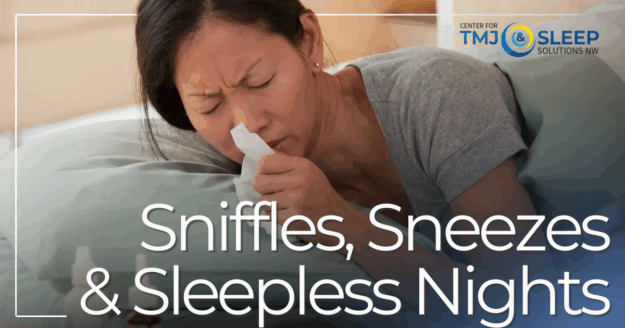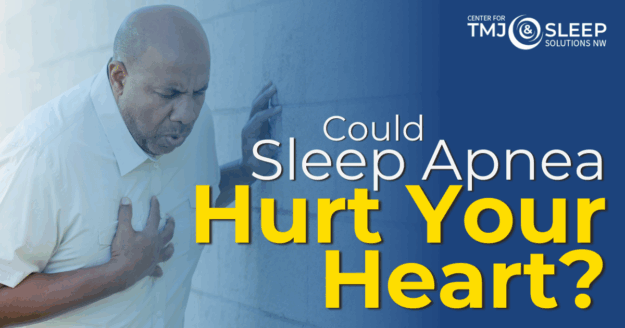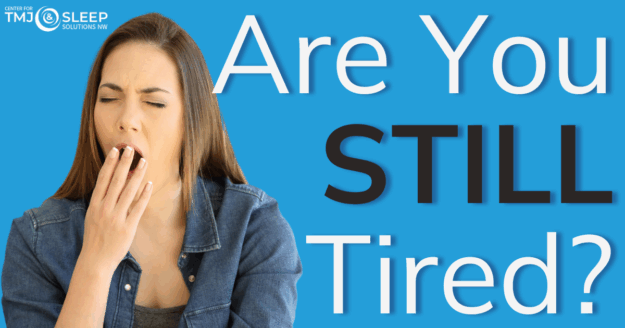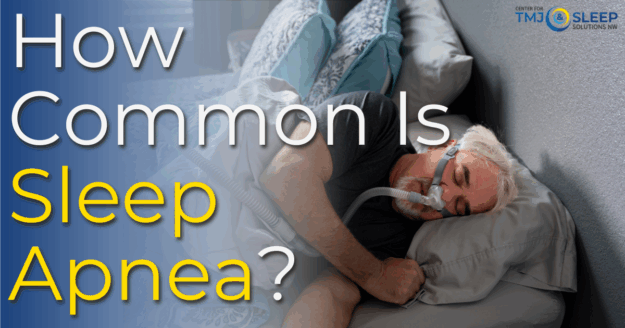Tips For Traveling with a Sleep Appliance
Whether you’re flying across the country or heading out for a weekend getaway, traveling with your sleep appliance shouldn’t interrupt your plans. With a little preparation and care, you can enjoy restful nights and wake up refreshed, no matter where your travels take you. Here are some helpful tips to keep your oral appliance safe and clean while on the go.










